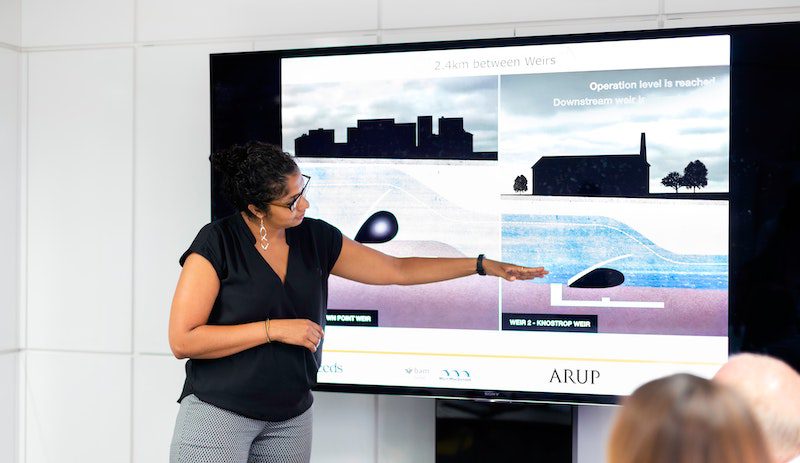Civil engineers design, plan and oversee construction projects such as railways and roads. Most civil engineers specialize in a type of project.
What does a civil engineer do?
Civil engineers create, improve and protect the environment in which we live. They plan, design and oversee construction and maintenance of building structures and infrastructure, such as roads, railways, airports, bridges, harbors, dams, irrigation projects, power plants, and water and sewerage systems. They also design and build tall buildings and large structures that can withstand all weather conditions.
Generally, civil engineers fall into two types: consulting engineers and contracting engineers. Consultants are responsible for the design work of projects and work predominantly in an office. Contractors then take the designs and implement them during construction. Contractors work on site, managing the construction of the structure.
Depending on whether you are a contractor or a consultant, work activities can include:
- undertaking technical and feasibility studies including site investigations
- using a range of computer software for developing detailed designs
- undertaking complex calculations
- liaising with clients and a variety of professionals including architects and subcontractors
- compiling job specs and supervising tendering procedures
- resolving design and development problems
- managing budgets and project resources
- scheduling material and equipment purchases and deliveries
- making sure the project complies with legal requirements, especially health and safety
- assessing the sustainability and environmental impact of projects
- ensuring projects run smoothly and structures are completed within budget and on time
Working hours for consulting civil engineers are generally normal office hours, with some extra hours and weekend work close to project deadlines. Contractors, on the other hand, often work shifts and weekends and are outside in all weathers.
Typical employers of civil engineers:
- Construction companies (both consultants and contractors)
- Local authorities and government departments
- Rail companies
- Utility companies
Civil engineers often specialize in a particular type of project or discipline, such as coastal/marine, power, water and transport. Graduates will often apply directly to a scheme in one of these areas.
Qualifications and training required:
There are routes into a career in civil engineering for both university graduates and school leavers.
If you have completed a BEng, you can gain an incorporated engineer (IEng) status. If you completed either an MEng or a BEng plus a masters, you can acquire chartered engineer (CEng) status. Both titles will help career prospects, but chartered engineers are often more sought after by employers
If you are applying for a graduate role within civil engineering, it will greatly help your career prospects if you have gained work experience during a year-in-industry or summer placement. Some employers offer sponsorship and a job offer to students who have impressed them during work experience.
Key skills for civil engineers:
Employers seek graduates who are commercially aware and capable of working well within a team environment. Other key skills include:
- sound mathematical, scientific and IT skills
- the ability to think methodically and to manage projects
- problem-solving skills
- ability to work to deadlines and within budgets
- ability to maintain an overview of entire projects while continuing to attend to detailed technicalities
- excellent verbal and written communication skills
- negotiating, supervisory and leadership skills
- complete knowledge of relevant legislation
Recommended IBDP subjects needed to apply to university to study civil engineering:
Math HL and Physics HL


